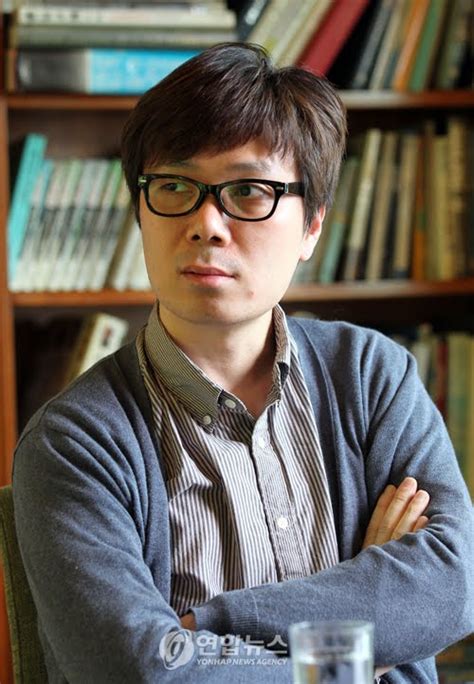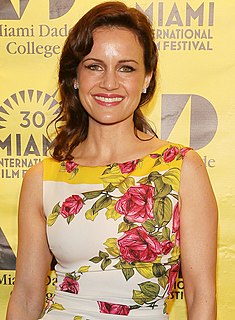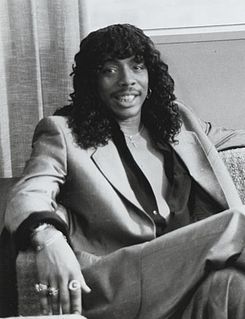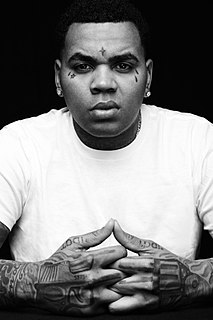A Quote by Arthur Rothstein
It is a rare photographer who can take a detached, cold-blooded view of his work.
Related Quotes
One view of photography is that it is a zen-like act which captures reality with its pants down - so that the vital click shows the anatomy bare. In this, the photographer is invisible but essential. A computer releasing the shutter would always miss the special moment that the human sensibility can register. For this work, the photographer's instinct is his aid, his personality a hindrance.
A revolution cannot progress without the fuel of terror. With time that relationship inverts: the revolution presses forward for the sake of terror. Like an artist, the man creating terror should be detached, cold-blooded. He must keep in mind that the energy of the terror he releases can consume him.
My teacher introduced me to this photographer Eugène Atget. He was a French photographer in the late 1800s up until 1927 in Paris. He didn't consider himself an artist, but he was probably one of the artists of the 20th century. This guy documented all of Paris during those years. It's unbelievable. The books are phenomenal. The Museum of Modern Art has all his stuff now and [American photographer] Berenice Abbott saved his work. Not very much is known about his life, but the work is unreal and it totally spoke to me. He was the only artist for a number of years that I cared about at all.
It is essential for the photographer to know the effect of his lenses. The lens is his eye, and it makes or ruins his pictures. A feeling for composition is a great asset. I think it is very much a matter of instinct. It can perhaps be developed, but I doubt if it can be learned. To achieve his best work, the young photographer must discover what really excites him visually. He must discover his own world.
Hamlet is to Macbeth somewhat as the Ghost is to the Witches. Revenge, or ambition, in its inception may have a lofty, even a majestic countenance, but when it has "coupled hell" and become crime, it grows increasingly foul and sordid. We love and admire Hamlet so much at the beginning that we tend to forget that he is as hot-blooded as the earlier Macbeth when he kills Polonius and the King, cold-blooded as the later Macbeth or Iago when he sends Rosencrantz and Guildenstern to death.
The cold view to take of our future is that we are therefore headed for extinction in a universe of impersonal chemical, physical, and biological laws. A more productive, certainly more engaging view, is that we have the intelligence to grasp what is happening, the composure not to be intimidated by its complexity, and the courage to take steps that may bear no fruit in our lifetimes.



































